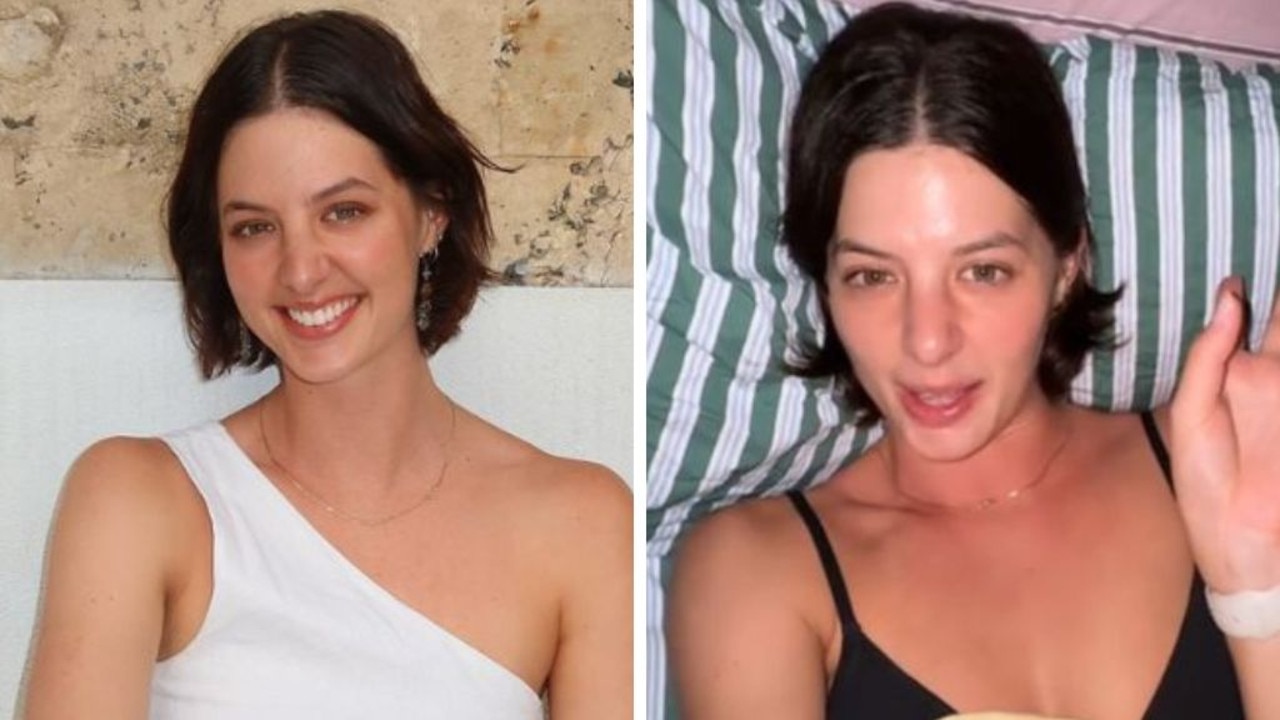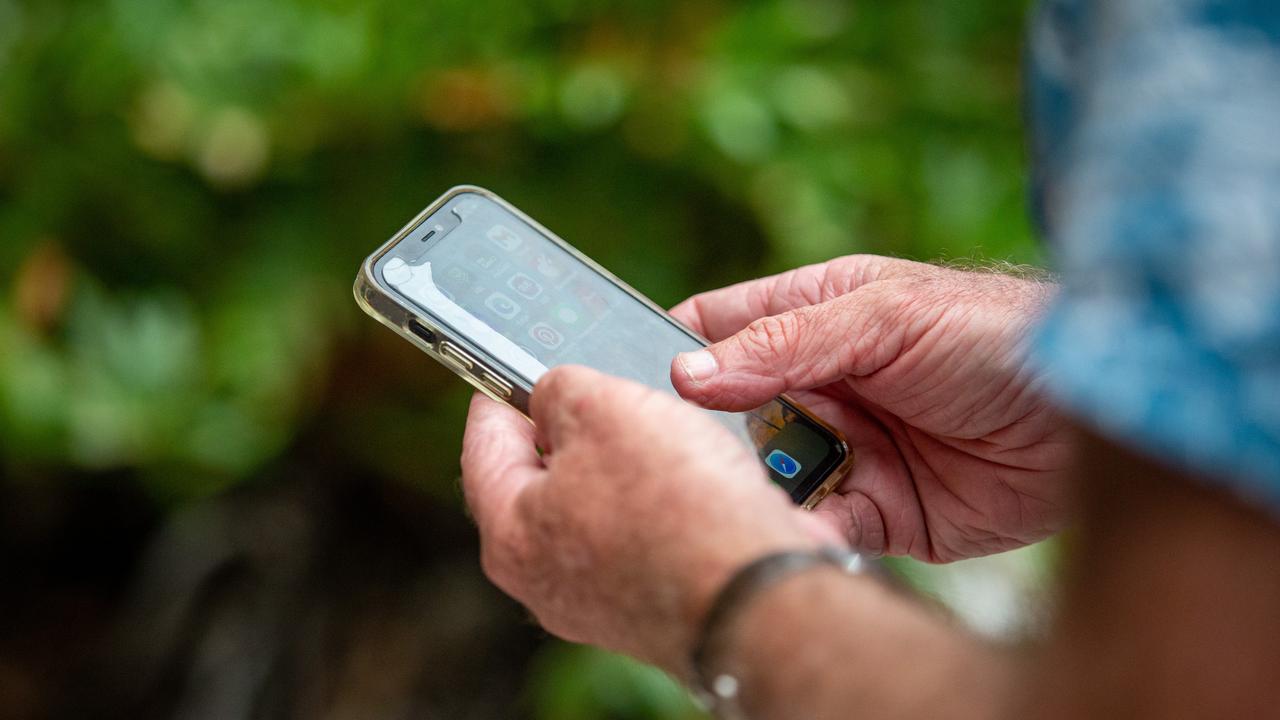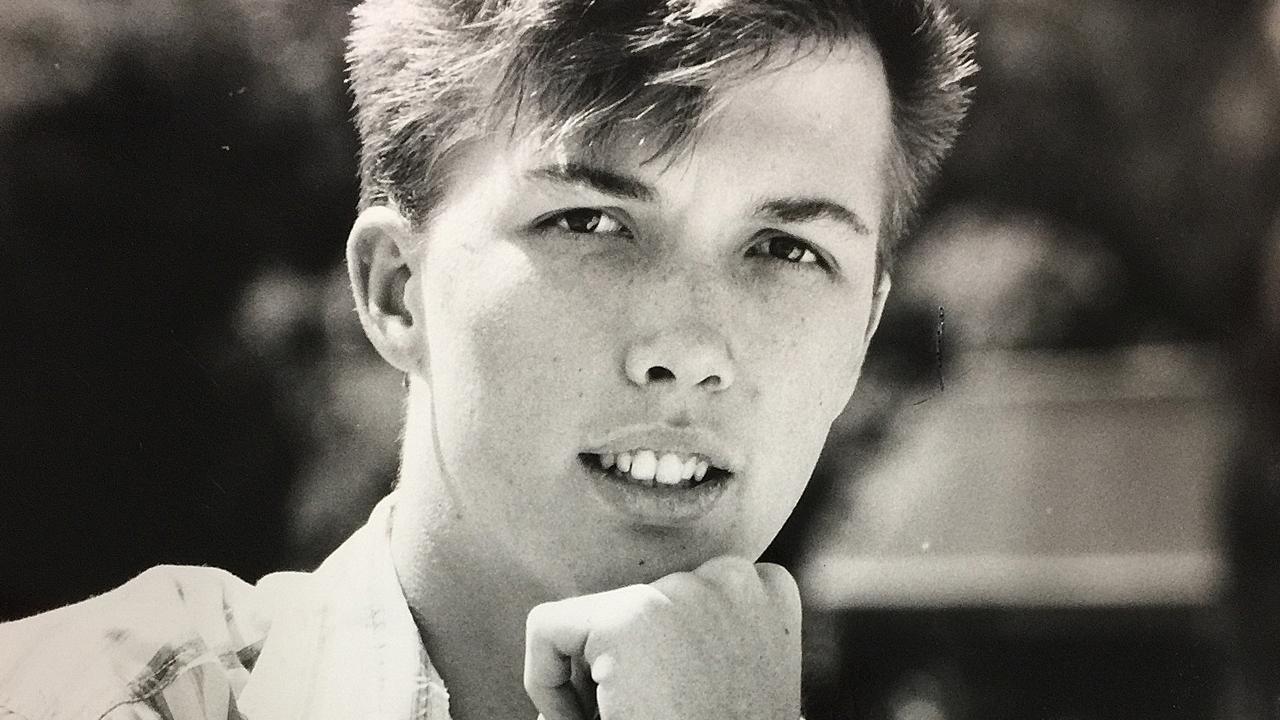Five ways to process a friendship break-up
A grief educator has revealed how to process the end of a friendship as painlessly as possible.
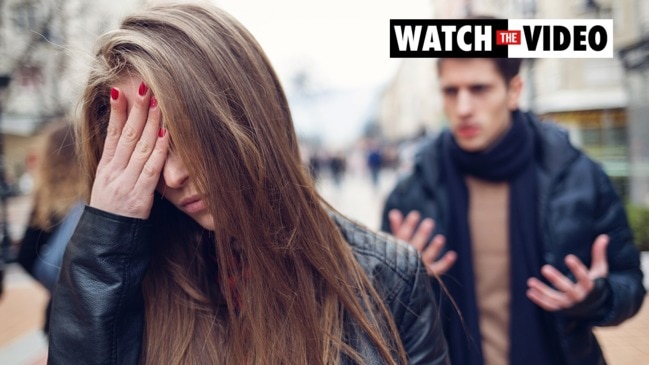
If you’ve had a romantic break-up, the road towards healing (we are told) begins with devouring ice cream (or cocktails), commiserating with close friends, then belting out Gloria Gaynor’s defiant anthem to moving on, ‘I Will Survive’.
But what if the parting of ways was with one of those close friends?
There doesn’t seem to be a cultural script for coping with the loss of a buddy we hold dear. Perhaps that’s because our friendships are actually a source of deep intimacy and connection and, when they end, we can be left feeling desolate.
For more stories like this visit Body + Soul

Journalist and author Kate Leaver discovered a wide spectrum of reasons for platonic bonds to break while researching for her 2018 best-selling book The Friendship Cure.
“It can be as simple as realising that you no longer get along with someone,” she tells Body+Soul. “It could be down to physical distance and the failure to make up for that by finding time to create intimacy in other ways. Or it could be a clash of life decisions or values, or priorities – things like the choice to have children or not, to get vaccinated or not.”
What all of the break-up stories Leaver heard had in common, though, was that people often reported feeling blindsided by the loss even if the decision to end the friendship had been mutual.
Those who had a friend suddenly withdraw or become unavailable without explanation were deeply hurt, but even when the ending was relatively calm, people felt confused by the intensity of their grief.
Leaver suggests that society’s silence on the topic may make us feel like we are overreacting or being too sensitive, “which can then lead to feelings not only of loneliness but of shame”.

Although I was the one to call an end to a close friendship of more than 20 years because it became increasingly challenging to align our values, I still long to share things I know she would find amusing and laugh with her.
I find myself occasionally looking at her photos on social media – smiling when she looks happy and worrying when she doesn’t.
Beyond a falling out, it is the gaping absence left behind when we lose a beloved friend through death that can be particularly brutal.
Author and academic Dr Karen Brooks lost her best friend of 20 years, author Sara Douglass, to cancer in 2011.
Although Brooks tells Body+Soul that her friend’s passing “was like having a part of my soul carved away”, the extent of her grief was more challenging to articulate to others since there was no neat label such as “widow” to capture how important Douglass had been to her life.
“It’s different to the love of someone you have a sexual relationship with,” Brooks explains. “I love my husband deeply, yet she was my other half; she made me whole. It knocked me off my feet and, 11 years on, I still don’t think I’ve found my footing.”
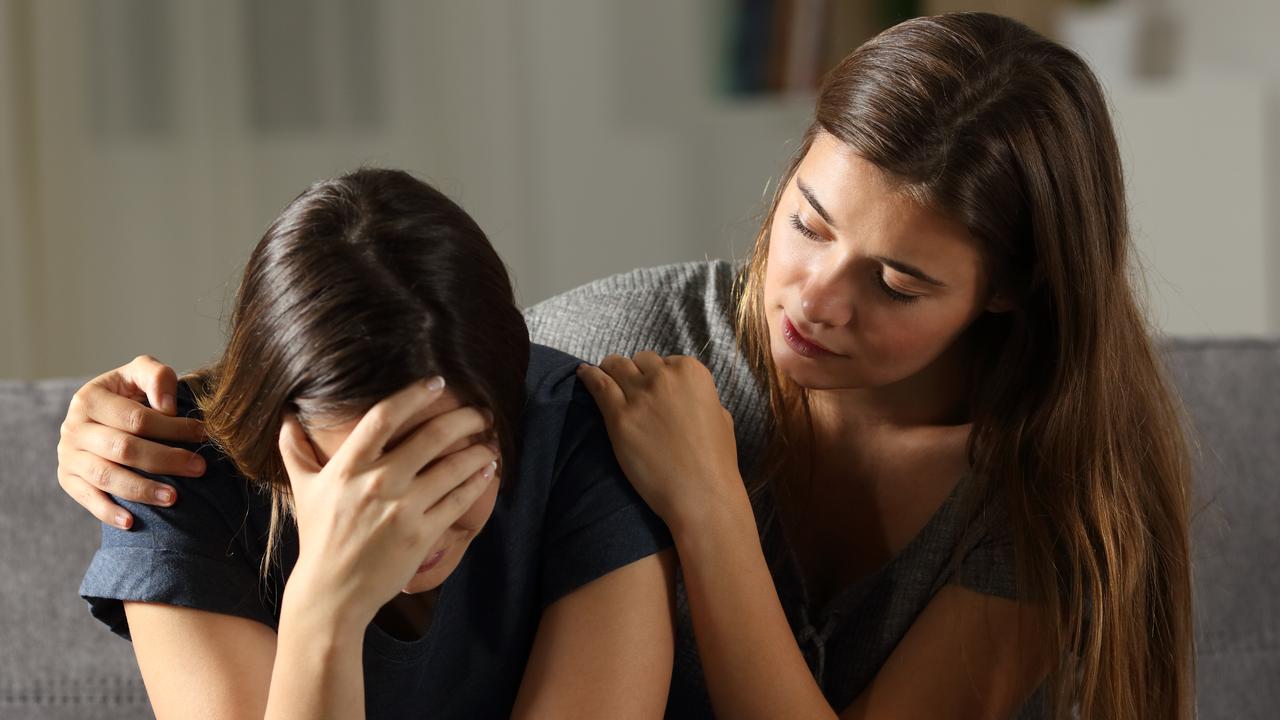
Perhaps it’s time we composed a new anthem to survival after heartbreak, a song that sings about love in all its many manifestations, and of the pain that is left behind when we face the future without someone who was once a beloved companion and confidante.
Besties no more
Grief educator Melinda Phillips offers these tips on how to process the loss of a friend.
Make healthy habits a priority
Focus on your sleep, getting some movement into your day and eating well.
Add and change rituals and routines
For example, if you used to walk together, you could try walking at a new time, on a new route or even with another person.
Acknowledge the loss you’ve experienced
Don’t forget that your experience of grief is real and valid.
Share what you’re feeling
Talk to another trusted friend, try journalling or reach out to a professional.
Be kind to yourself
Remember that loss is a universal experience. Offer the same kindness to yourself that you would extend to others.
This article originally appeared in Body + Soul and was reproduced with permission



